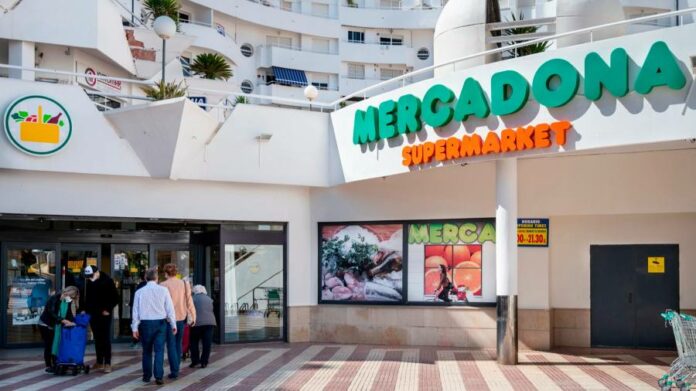Spain’s wealthiest supermarket boss said an influx of buyers from Europe and China drove up the cost of Spanish tomatoes and pork — two vital components of national cuisine — as he sought to explain acute price inflation.
Juan Roig, the billionaire owner of Mercadona, devoted a large part of his annual press conference to inflation after a year in which soaring prices sapped the purchasing power of global consumers and he was called a “ruthless capitalist” by one Spanish minister.
Roig said the Ukraine war had hit tomatoes because the surge it triggered in gas prices prompted the shutdown of tomato-growing greenhouses in northern Europe, which had been heated with the fuel.
Instead buyers flocked to Spain’s solar-powered growers, helping to drive up tomato prices from €1.39 in January 2021 to €2.05 per kilogram today. “The cost has gone up by a whopping 66 cents. We’ve raised prices by 50 per cent,” said Roig, whose fortune of more than €3bn makes him Spain’s fourth-richest person.
“So we had two options: either buy tomatoes or leave customers without tomatoes. And we believed it was more important to have tomatoes at €2.05 than to not have tomatoes.”
Salad shortages are easing in the UK — the biggest buyer of Spanish tomatoes last year after Germany — following supply disruption blamed on unusually cold temperatures in southern Spain, as well as Brexit and poor supermarket planning.
On pork, a sensitive product in a country that cherishes its jamón ibérico, Roig said the price had jumped because of demand from China, which counts Spain as its biggest supplier of the meat, according to International Trade Centre data.
“There are one billion Chinese people,” he said. “How much did they ask for? . . . I don’t know. What I do know is that pork cost €1.05 [per kilogram in January 2021] and now it costs €1.96.”
“And if we want sausages and chorizo and ham, either we raise the prices or we don’t have it. That’s what I try to convey to everybody. It doesn’t depend on our personal decisions. It depends on demand and supply.”
While Spain has been exporting significant amounts of pork to China for several years, and Europe’s cross-border salad trade is well established, Roig said “this year we have noticed much more influence” from international buyers.
He added: “We’ve had tensions with suppliers like we’ve never had in our lives. We’ve been fighting with them a lot because the price increases are, well, I’ve never experienced anything like them.”
He stressed that Mercadona, which has a 25 per cent market share in Spain, was doing what it could to alleviate inflation, noting that it had raised prices by an average of 10 per cent last year while food costs were up 12 per cent.
The company reported an 11 per cent rise in 2022 sales to €31bn across Spain and Portugal and net profits up 5 per cent to €718mn. But it said its profit margin of 2.3 per cent was at “one of the lowest levels in its history”.
As public discontent over rising prices mounted last year, Ione Belarra, a leftwing minister from the junior partner in Spain’s coalition government, called Roig a “ruthless capitalist”. Asked about the comment, he said: “Everybody has an opinion . . . I respect their opinions even if I don’t share them.”
He did not offer an optimistic take on the outlook for prices. “The past two and a half months so far have been pretty bad for inflation,” he said, noting data published on Tuesday that showed food inflation in Spain hit 16.6 per cent year-on-year in February. “We don’t know how the world is going to work, we don’t know when the war in Ukraine is going to end . . . we would like to lower prices.”






